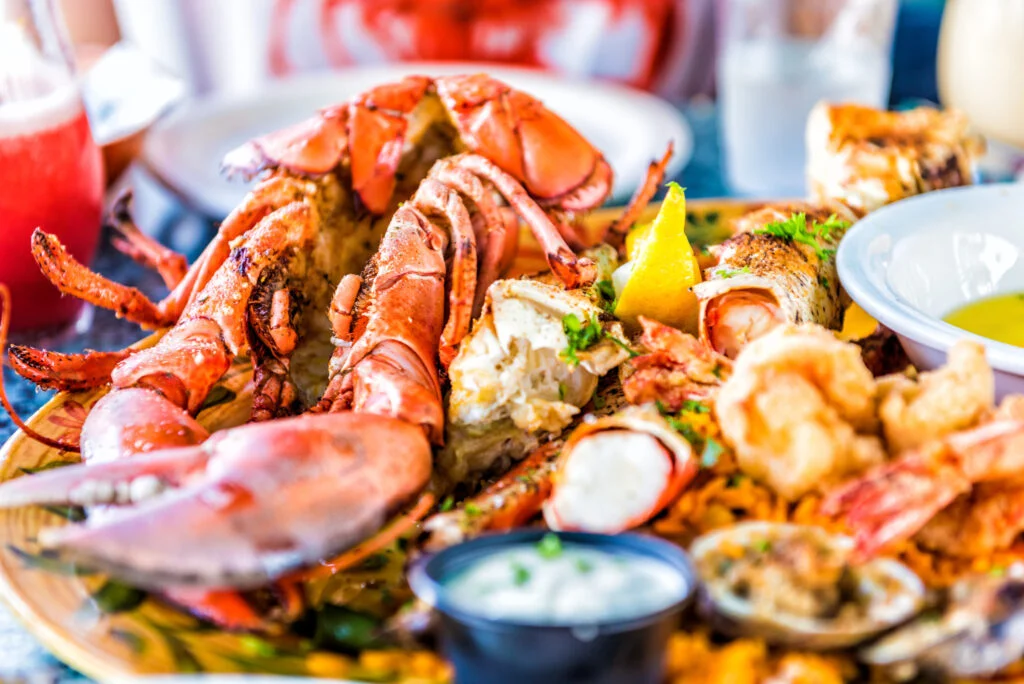Jacksonville’s well-known seafood restaurant, Sam’s St. John’s Seafood, has closed for the second time this year due to multiple health code violations found during a recent inspection.
Located at 7949 Normandy Boulevard, Sam’s St. John’s Seafood faced a temporary closure following an inspection by the Florida Department of Business and Professional Regulation on October 7, 2024. This marks the second shutdown of the year, raising concerns about the restaurant’s health and safety practices.
What Caused the Closure?
This Article Includes
During the October 7 inspection, health officials identified nine violations, ranging from basic to high-priority issues. Notable concerns included:
- Basic violations: Missing drain covers, mold-like growth on the floor, heavy grease buildup on fryers, and unused equipment improperly stored.
- Intermediate violation: Food debris accumulation inside the oven.
- High-priority violations: Live insects and roaches, along with shrimp improperly stored beyond the safe seven-day limit after preparation.
The presence of pests and expired food were severe enough to prompt the restaurant’s temporary closure.
The Follow-Up Inspection
After the closure, a follow-up inspection was performed, revealing five remaining violations. However, the restaurant was allowed to reopen, having met the minimum standards for compliance. Despite reopening, the lingering issues suggest more effort is needed to maintain consistent adherence to health regulations.
Previous Closures
This isn’t the first time Sam’s St. John’s Seafood has faced similar problems. In July 2024, the restaurant was temporarily closed after inspectors found 17 violations. Although they resolved the issues and reopened soon after, the repeat violations raise concerns about the restaurant’s long-term management and commitment to health standards.
What’s Next for Sam’s St. John’s Seafood?
With this second closure in just a few months, the restaurant’s management must focus on improving health and safety standards to prevent future interruptions. The next inspection has yet to be scheduled, and both customers and staff are hopeful this will be the last temporary shutdown.
While the restaurant’s popularity and reputation for quality seafood may keep customers coming, ensuring operational improvements will be key to staying open in the long run.

